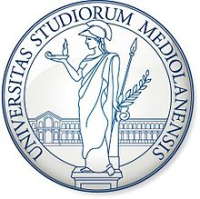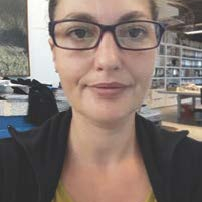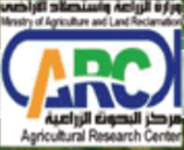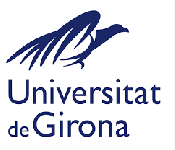ABOUT US




MEDWATERICE ('Towards a sustainable water use in Mediterranean rice-based agro-ecosystems'; https://www.medwaterice.org/), is a 3-years project selected in the context of the PRIMA Programme (PRIMA-Section 2-2018; Topic: 1.1.3: Irrigation technologies and practices). MEDWATERICE aims to explore the sustainability of innovative rice irrigation methods and technologies in the Mediterranean basin, in order to reduce rice water use and environmental impacts, and to extend rice cultivation outside of traditional paddy areas to meet the growing demand. The MEDWATERICE consortium includes universities, research centres and private companies operating in the Mediterranean area (IT, ES, PT, EG, TR, IL). Case studies (CSs) are implemented in pilot farms of the countries involved in the project. Tested alternative irrigation methods and technologies adopted in each CS are being tailored to local conditions using a participatory action research approach through the establishment of Stake-Holder Panels in each country. Data collected at the farm level are extrapolated to the irrigation district level to support water management decisions and policies. Indicators for quantitative assessment of environmental, economic and social sustainability of the irrigation options are also being defined. Outcomes produced by MEDWATERICE are expected to generate knowledge on how to improve sustainability of rice production in the countries of the Mediterranean area, with particular attention to the adoption of water-saving techniques.











combia.png)






